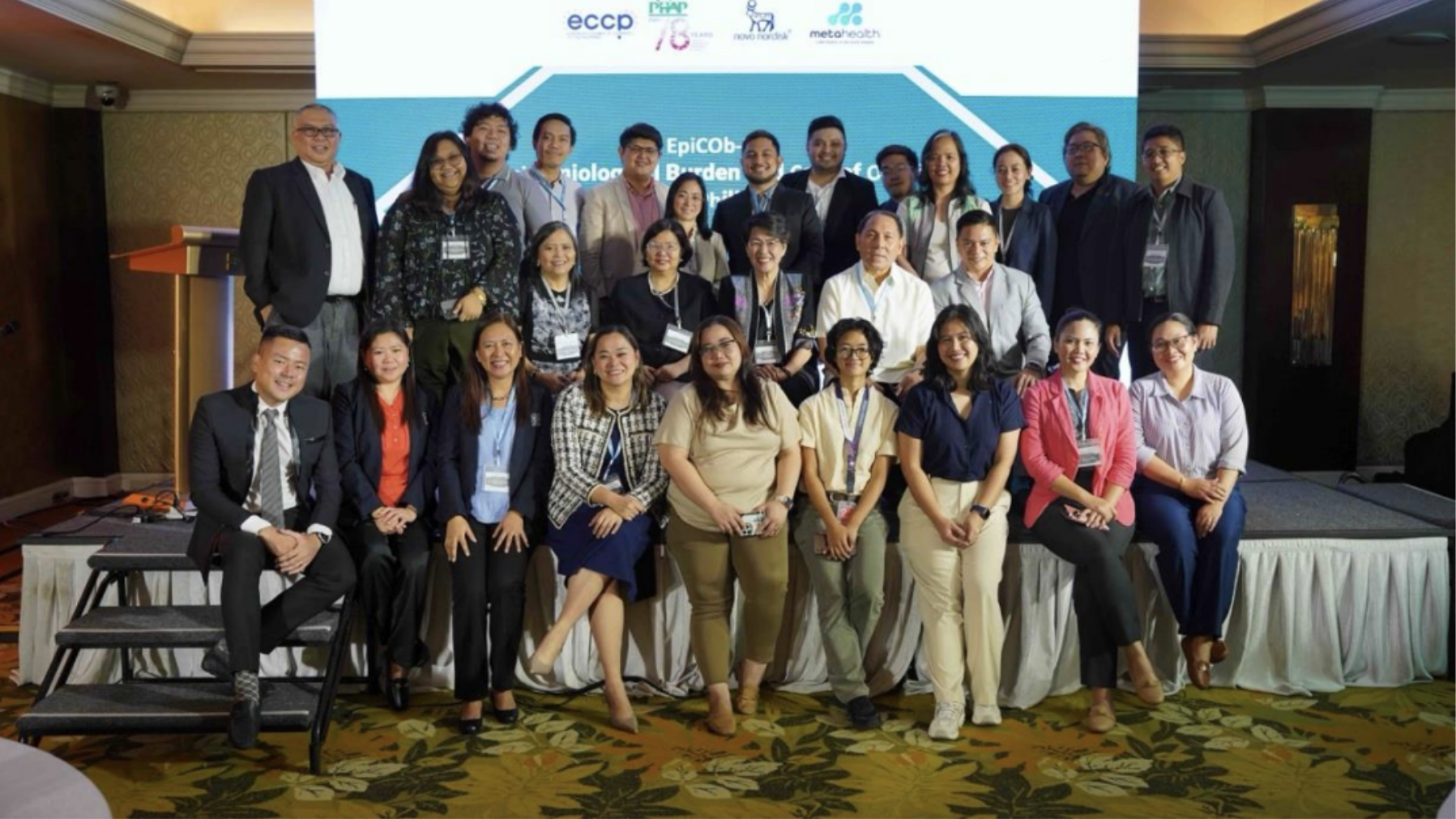
A groundbreaking study, titled ‘Epidemiological Burden and Cost of Obesity in the Philippines’ (EpiCOb-PH), is currently in progress to assess the epidemiological and economic impact of obesity, which is increasingly becoming a public health concern in the country.
On April 10, think tank metaHealth Insights and Innovations, Inc, in collaboration with Novo Nordisk Pharmaceuticals (Philippines), Inc., the European Chamber of Commerce of the Philippines, and the Pharmaceutical and Healthcare Association of the Philippines (PHAP), conducted a stakeholder meeting at EDSA Shangri-La, bringing together key decision-makers from partner institutions, including government agencies, academe, professional organizations, and civil society organizations.
The meeting sought to review the study protocol, gather insights from stakeholders on ways to improve the study’s design and implementation, and identify potential challenges, opportunities, and areas for collaboration that will support the successful implementation of the study.
Among the key individuals who joined the discussion were Dr. Clementine Bautista, acting senior vice president and head of UHS Surge Team at PhilHealth; Dr. Madeleine de Rosas-Valera, project leader of EpiCOb-PH and health economist; Dr. John Paul Caesar delos Trinos, chief scientific officer and principal at metaHealth Insights and Innovations, Inc.; Dr. Robert Neil Leong, chief data officer and principal at metaHealth Insights and Innovations, Inc.; and Dr. Mildred Guirindola, chief science research specialist at the Food and Nutrition Research Institute.
Also present at the meeting were Dr. Vicente Belizario, Jr., former professor and dean of University of the Philippines Manila College of Public Health; and Director Lourdes Desiree Cembrano, healthcare policy director at PHAP.
The EpiCOB-PH study will be led by Dr. de Rosas-Valera and will be supported by Novo Nordisk Pharmaceuticals (Philippines), Inc.
“Addressing obesity requires more than clinical solutions—it demands systemic, data-driven policy decisions informed by real-world evidence. That’s what EpiCOb-PH aims to deliver,” said Dr. Valera.
The findings of the study, which is set to be published in the last quarter of the year, may serve as a guide to policymakers, healthcare providers, and public health stakeholders in developing targeted interventions and policies for prevention and management of obesity and its associated complications.
According to the 2021 Expanded National Nutrition Survey, approximately 40 percent of Filipino adults and 13 percent of Filipino adolescents are at risk of complications associated with having obesity or being overweight, such as diabetes, cardiovascular diseases, and chronic kidney disease.